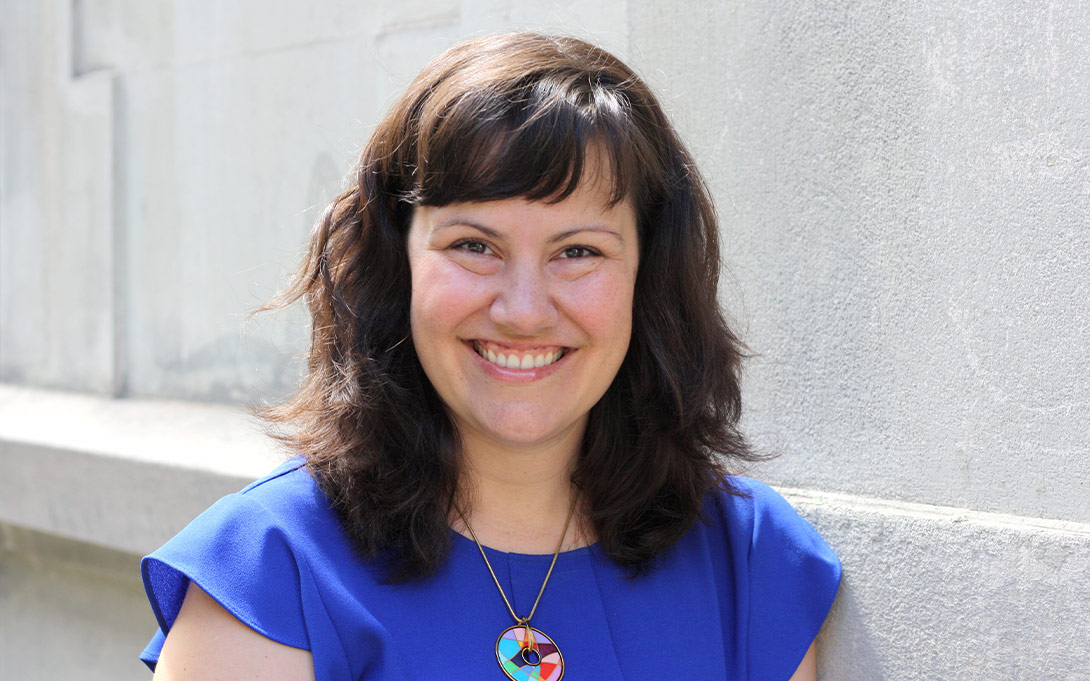
Mariana Amorim (Cornell University), Rachel Dunifon (Cornell University), and Natasha Pilkauskas recently co-authored a paper on "The magnitude and timing of grandparental coresidence during childhood in the U.S." The paper was published on December 5 in Demographic Research.
Abstract
Background: The likelihood that a US child will live with a grandparent has increased over time. In 2015, nearly 12% of children lived with a grandparent. However, the likelihood that a child will ever live with a grandparent is not known.
Objective: We calculate the cumulative and age-specific probabilities of coresidence with grandparents during childhood. We stratify our analyses by types of grandparent-grandchild living arrangements (grandfamilies and three-generation households) and by race and ethnicity.
Methods: We use two data sets – the pooled 2010–2015 American Community Surveys (ACS) and the 1997 National Longitudinal Survey of Youth (NLSY–97) – and produce estimates using life tables techniques.
Results: Results indicate that nearly 30% of US children ever coreside with grandparents. Both three-generation and grandfamily living arrangements are more prevalent among racial and ethnic minority groups, with three-generation coresidence particularly common among Asian children. Black children are nearly two times as likely to ever live in a grandfamily as compared to Hispanic and white children, respectively. Children are much more likely to experience grandparental coresidence during their first year of life than in any other year.
Conclusions: This paper suggests that the magnitude of grandparental coresidence is greater than previously known, particularly in early childhood.
Contribution: This is the first study to calculate age-specific and cumulative probabilities of coresidence with grandparents during the whole childhood. Doing so allows us to better craft public policies and guide new research on family complexity.